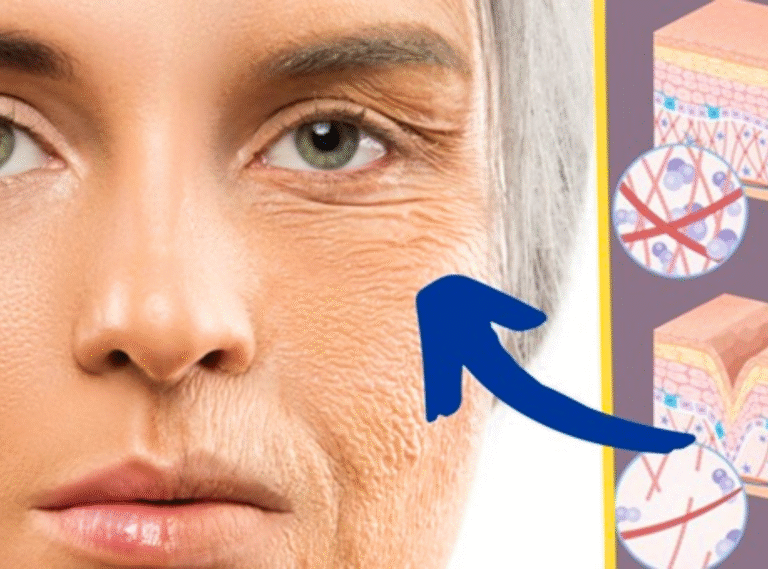
Menopause marks a natural biological transition in a woman’s life, typically occurring between the ages of 45 and 55. It is characterized by a significant decrease in estrogen production, which has broad effects on the body, including the skin. One of the most visible consequences is the reduction in skin firmness, hydration, and elasticity. At the core of these changes is the progressive reduction of collagen in the dermal layer of the skin.
The Behavior of the 3 Layers of the Skin
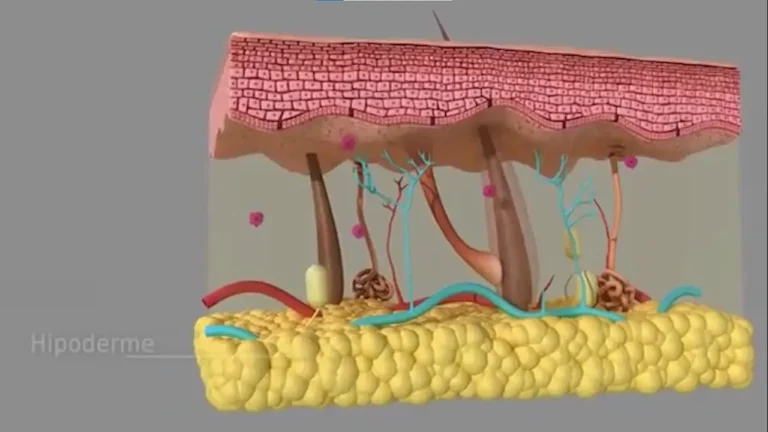
The skin is composed of three main layers: the epidermis (outer layer), dermis (middle layer), and hypodermis (deepest layer). The dermis is particularly important for maintaining skin integrity, as it houses collagen fibers, elastin, and other components of connective tissue. These structural proteins provide mechanical support, allowing the skin to resist wrinkles and sagging. With aging and hormonal changes especially during menopause the density and quality of collagen fibers decrease, compromising the skin’s resilience.
What is Collagen and Why It Matters
Collagen is the most abundant protein in the human body, found in skin, bones, and connective tissues. Type I and III collagen predominate in the skin, responsible for firmness and structural elasticity. Collagen acts as a support structure that maintains the thickness and tensile strength of the superficial skin. When estrogen levels drop during menopause, the rate of collagen degradation increases, while synthesis decreases, leading to visible signs of skin aging, such as wrinkles and loss of volume.
Skin Aging Process with Loss of Collagen
The reduction in collagen during menopause affects both the internal and external aspects of the skin. Internally, the outermost layer becomes thinner and wrinkled, which can impair cell communication, regeneration, and hydration. Externally, the skin appears less supple and becomes more prone to sagging and dullness. These visual and functional changes are a direct result of the structural impairment caused by collagen degradation in the structures of the skin’s three layers.
https://mariahchic.com/menopause/beautiful-during-menopause/
Collagen Supplement Through Nutrition
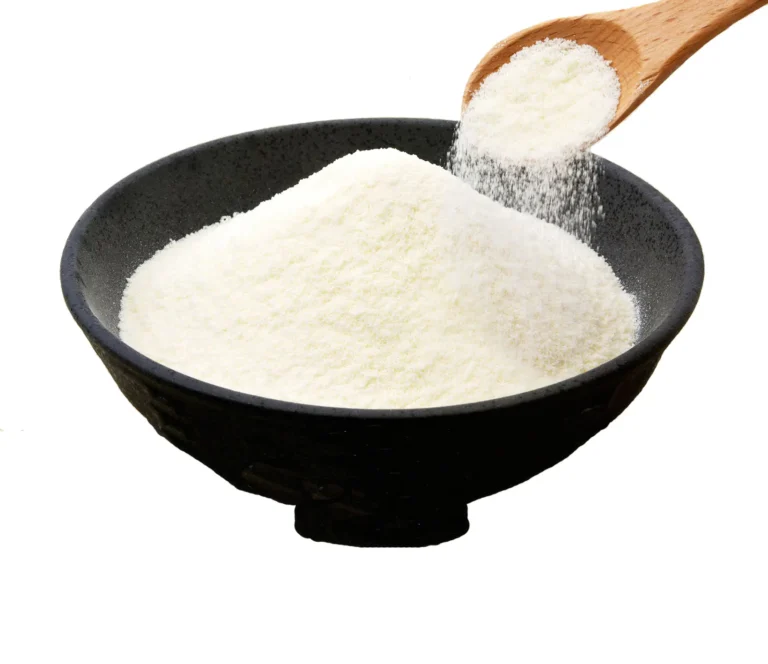
Recent studies demonstrate the role of collagen supplementation in improving skin properties in postmenopausal women. A 2014 double-blind, placebo-controlled study by Proksch et al. found that specific collagen peptides significantly reduced wrinkle depth and increased dermal collagen density. Another study by Asserin et al. (2015) demonstrated improved skin hydration and elasticity after daily oral supplementation with collagen peptides. These peptides are typically available in powder form and can be mixed with water or other liquids. Traditional foods such as bone broths—prepared from joints, cartilage, and animal skin—are also rich in collagen and amino acids such as glycine and proline, essential for endogenous collagen synthesis.
Topical Beautification and Skin Hydration Strategies
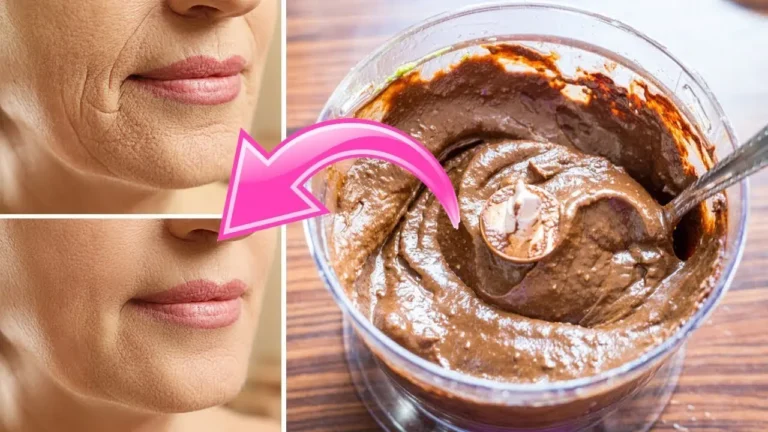
Collagen intake supports internal regeneration, and topical treatments complement the skin’s hydration and moisture barrier function. Ingredients like hyaluronic acid help retain water in the epidermis, while peptides can stimulate local collagen production. Vitamin C acts as a cofactor in collagen synthesis and as an antioxidant to reduce oxidative stress. Other beneficial ingredients include niacinamide (vitamin B3), ceramides, and plant-derived lipids, which help reinforce the skin barrier and improve texture. Regular use of creams and masks containing these active compounds can increase skin hydration and smoothness, especially when combined with nutritional strategies.
https://mariahchic.com/menopause/beautiful-during-menopause/
Conclusion

Addressing collagen loss during menopause requires a multifaceted approach. While hormonal changes are inevitable, their impact on the skin can be mitigated through a combination of nutrition, supplementation, and topical care. Incorporating collagen-rich foods, high-quality supplements, and science-based topical ingredients can, together, strengthen skin structure, minimize signs of aging, and promote healthy skin during and after menopause.
https://mariahchic.uk/ – Accessories for your look
References
Proksch, E., Schunck, M., Zague, V., Segger, D., Degwert, J., & Oesser, S. (2014). Oral supplementation of specific collagen peptides has beneficial effects on human skin physiology: a double-blind, placebo-controlled study. Skin Pharmacology and Physiology, 27(1), 47-55. https://doi.org/10.1159/000351376
Asserin, J., Lati, E., Shioya, T., & Prawitt, J. (2015). The effect of oral collagen peptide supplementation on skin moisture and the dermal collagen network: evidence from an ex vivo model and randomized, placebo-controlled clinical trials. Journal of Cosmetic Dermatology, 14(4), 291-301. https://doi.org/10.1111/jocd.12174
Researched and written by: Vilma Mendonça – Pharmacist and Beautician
Photo Bank – Yandex





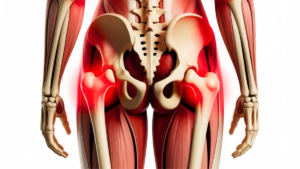

4 Comments
[…] If anxiety symptoms interfere with daily life, sleep, or emotional balance, seeking medical or psychological support is essential. Early guidance can prevent symptoms from worsening during menopause. https://mariahchic.com/menopause/skin-dehydration/ […]
[…] 👉 The hypodermis works like a natural “cushion,” which gradually diminishes over time. https://mariahchic.com/menopause/skin-dehydration/ […]
[…] Hair and nails: strengthening and less breakage. Read more: https://mariahchic.com/menopause/skin-dehydration […]
[…] Read: https://mariahchic.com/menopause/skin-dehydration/ […]